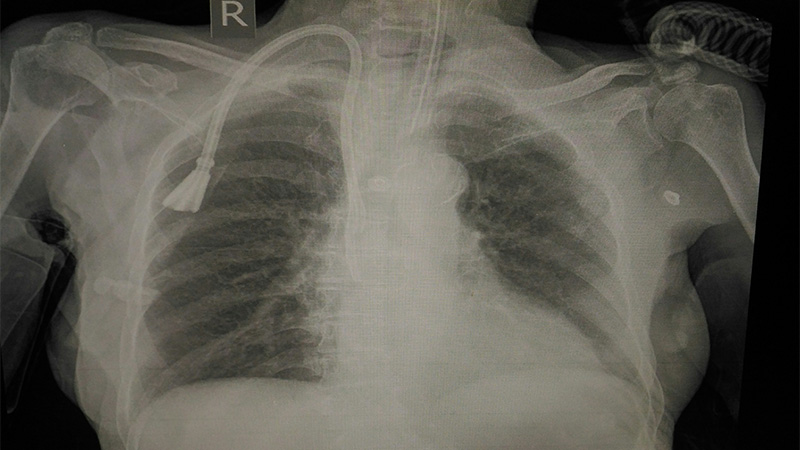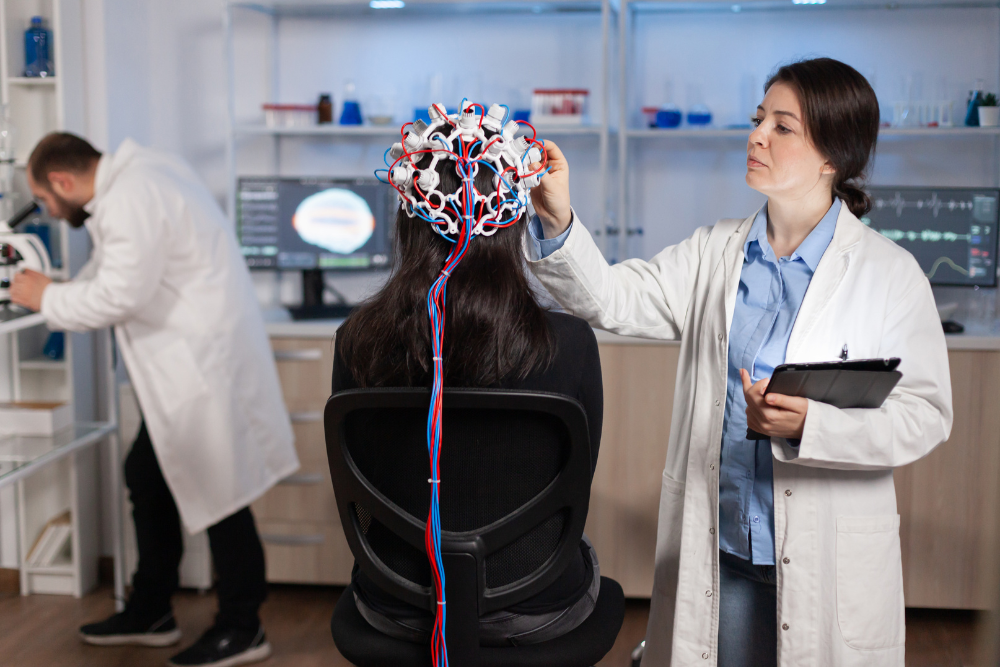Overview
Interventional cardiology is a subspeciality of cardiology that focuses on diagnosing and treating cardiovascular conditions using minimally invasive procedures. At Parvathy Institute of Cardiac Sciences, these procedures are typically performed in a catheterisation lab, also known as a cath lab. Cath Lab is designed to diagnose and treat a wide range of heart and vascular issues.
Interventional cardiologists are highly trained specialists who use advanced techniques and equipment to perform these procedures, offering patients effective alternatives to traditional open-heart surgery. In general, Interventional cardiology procedures are performed with the use of a catheter, a thin, flexible tube, and advanced imaging technologies, enabling precise diagnosis and treatment.
Interventional cardiologists are highly trained specialists who use advanced techniques and equipment to perform these procedures, offering patients effective alternatives to traditional open-heart surgery. In general, Interventional cardiology procedures are performed with the use of a catheter, a thin, flexible tube, and advanced imaging technologies, enabling precise diagnosis and treatment.
Common Interventional Cardiology Procedures (Possible Interventions)
Interventional cardiologists perform a wide array of procedures to address cardiovascular conditions. Some common interventional cardiology procedures and interventions include:
- Coronary Angioplasty: A procedure to open blocked or narrowed coronary arteries using a balloon catheter to improve blood flow to the heart muscle.
- Stent Placement: The insertion of a small, expandable mesh tube (stent) into a narrowed artery to help keep it open and prevent re-blockage.
- Cardiac Catheterisation: A diagnostic procedure to evaluate the heart's blood vessels and chambers, often used to detect blockages or abnormalities.
- Fractional Flow Reserve (FFR): A technique to assess the severity of coronary artery blockages and determine the need for stent placement.
- Transcatheter Aortic Valve Replacement (TAVR): A minimally invasive procedure to replace a damaged aortic valve in patients with aortic stenosis.
- Peripheral Angioplasty: A similar procedure to coronary angioplasty but performed on arteries outside the heart, often used to treat peripheral artery disease (PAD).
- Closure of Atrial Septal Defect (ASD) or Patent Foramen Ovale (PFO): Closure of abnormal openings between the heart's chambers to prevent complications.
- Carotid Angioplasty and Stenting: A procedure to open blocked carotid arteries and reduce the risk of stroke in patients with carotid artery disease.
Treatment and Care:
Interventional cardiology offers various treatment options tailored to the specific cardiovascular condition, its severity, and individual patient needs. These may include:
- Minimally Invasive Procedures: Minimally invasive interventions with smaller incisions, reducing recovery time and scarring compared to traditional surgery.
- Stent Placement: Using stents to keep arteries open, preventing re-blockage and improving blood flow.
- Medications: Prescription medications to control symptoms, manage risk factors, and improve heart health.
- Regular Follow-up: Scheduled appointments for monitoring and assessing the effectiveness of treatment.
When to Consult a Doctor ?
If you have been diagnosed with a cardiovascular condition or if you experience symptoms such as chest pain, shortness of breath, or other signs of heart or vascular issues, it is advisable to consult an interventional cardiologist at Parvathy Institute Of Cardiac Sciences, when:
- You require a definitive diagnosis of a cardiovascular condition or need treatment for a heart or vascular issue.
- Your condition can be effectively managed with minimally invasive procedures, making you a candidate for interventional cardiology.
- You seek alternatives to traditional open-heart surgery and are interested in less invasive treatment options.
- You have a family history of heart or vascular diseases and are seeking preventive care or early intervention.
Call +91 98412 98412 for medical emergencies or 044 2238 2248 / +91 98848 99091 to book an appointment.
General (FAQ) For Interventional Cardiology
An interventional cardiologist specializes in using minimally invasive procedures (interventions) to diagnose and treat cardiovascular issues. They often perform procedures like angioplasty and stent placement to open narrowed or blocked arteries.
Regular cardiology involves the diagnosis and management of heart conditions through medications and lifestyle changes. Interventional cardiology focuses on using procedures like angioplasty, stenting, and catheter-based interventions to address cardiovascular issues.
A consultant cardiologist is a general cardiologist who diagnoses and manages various heart conditions. An interventional cardiologist is a specialist within cardiology who performs procedures like angiography and angioplasty.
A non-interventional cardiologist primarily focuses on medical management and diagnosis of heart conditions, while an interventional cardiologist performs procedures such as angioplasty, stenting, and other catheter-based interventions.
Angioplasty and stent placement are among the most common procedures performed by interventional cardiologists. These procedures open narrowed or blocked arteries to restore blood flow to the heart.
Three common cardiac interventional procedures include angioplasty, stent placement, and cardiac catheterization. These procedures are used to diagnose and treat coronary artery disease.
An example of interventional cardiology is percutaneous coronary intervention (PCI), commonly known as angioplasty. During this procedure, a catheter with a balloon is used to open a blocked coronary artery, and a stent may be placed to keep it open.

















